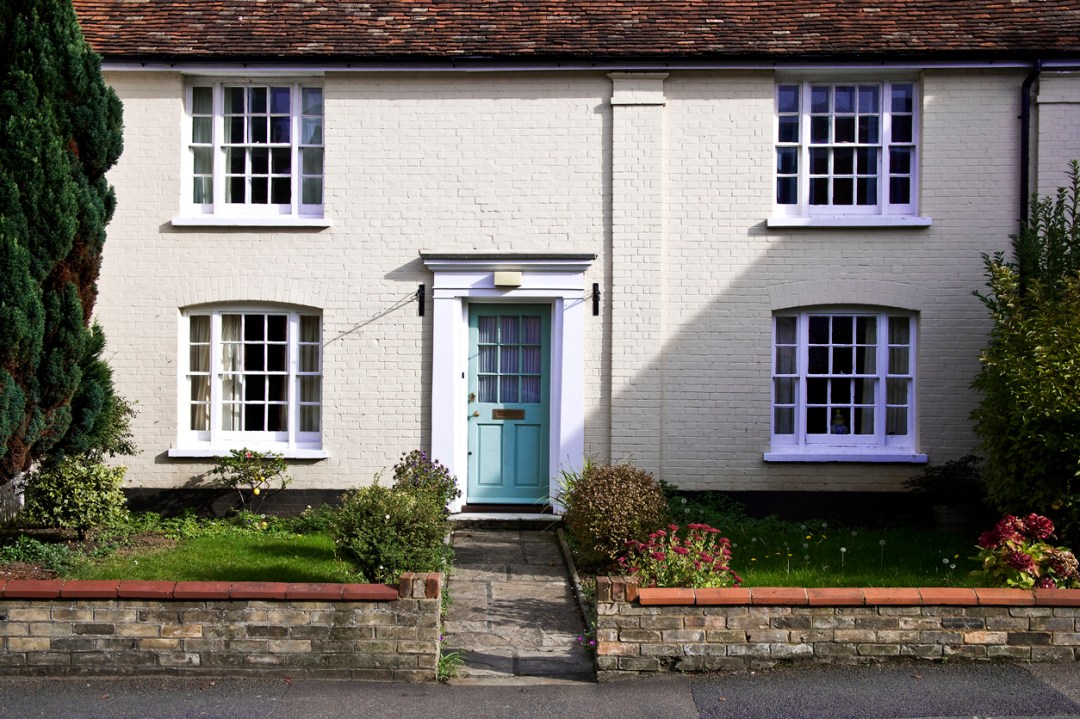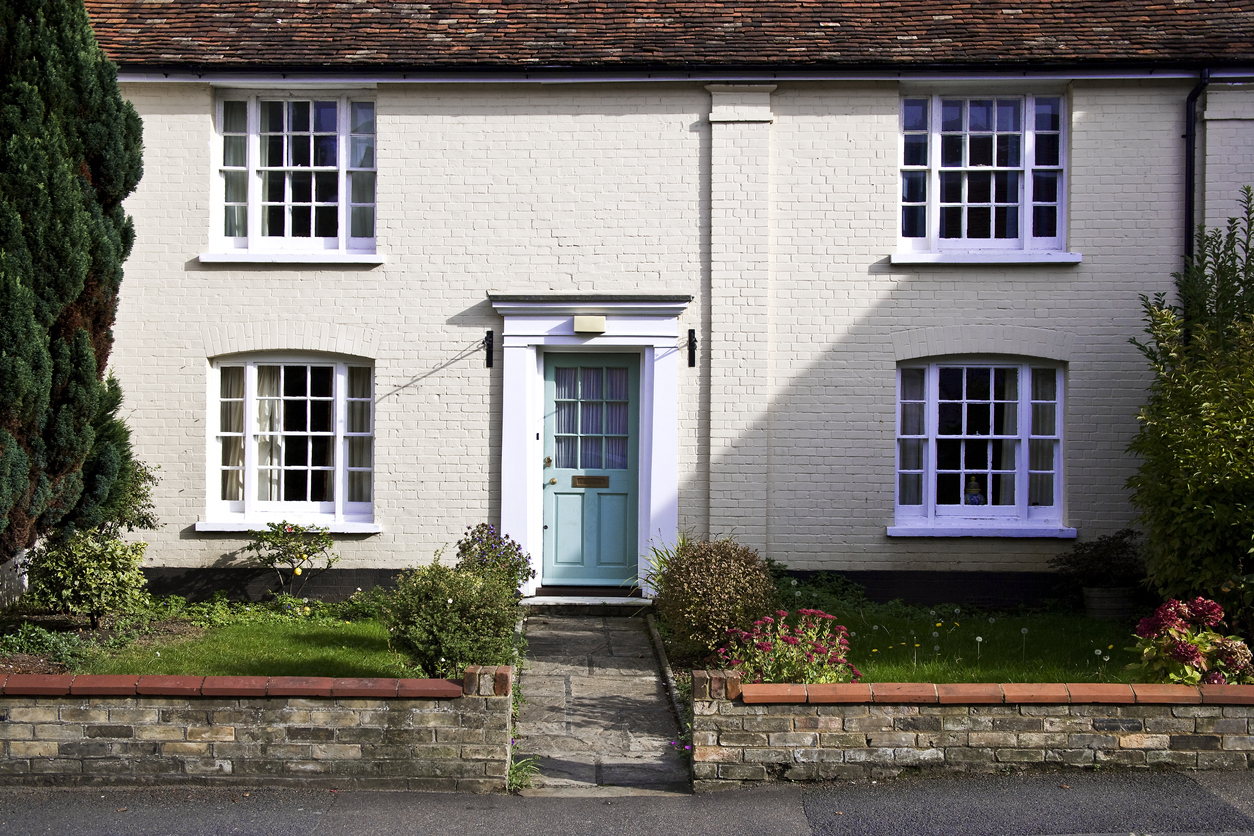My mother passed away last year and it fell to me to sort out her house. Returning from four years in Russia and the Caucasus, I moved into her Suffolk home to get it ready for selling. There was a huge amount to do. Alongside organising my mother’s headstone – no small or hasty business – there was an entire house and a life to sort through. This involved going through endless knick-knacks, glasses, crockery, clothes – and 15 or more rubble sacks of papers and old letters. The last was both cathartic and disconcerting. These are written relics of a life that existed before I came along, one that may well have been richer and more hopeful. I found mountains of love letters to my mother from luckless suitors, good luck telegrams from her family as – in her early twenties – she’d set out on her big trip to America, and notes from university theatre directors begging her, as a young woman, to audition for their latest play. A life I’d dimly known about but had never seen evidence of before.
If my mother’s Alzheimer’s was a five-year goodbye, this period in her home has been the final letting go of a parental hand
But there was too much to do to brood on it. We’d released equity, the interest was rising day by day, and a local-handyman-who-knows advised us to sell the house immediately in its shopsoiled state before the downturn came. But it was my mother’s home – she would, I knew, have wanted it passed on in decent condition. Thus began a learning curve I’m sure is second nature to most homeowners – finding gardeners, plants, carpets and carpet layers, learning to sand and paint woodwork, buying one of those special roller extensions to reach ceilings (I tell you now, redecorators, stick to white walls, or trying not to botch the joins between wall and woodwork is a nightmare). We finally found a buyer last month and ended up getting the exact amount we were quoted last January before the great sprucing up began. There’s a lesson in that, though too late for us.
Yet I can’t regret the time or money invested. If my mother’s Alzheimer’s was a five-year goodbye, this period in her home has been the final letting go of a parental hand. I wake up in the same house she did, walk the same streets, make a cup of tea with the same kettle – and though I don’t feel her presence here (that went with much of the furniture) and wouldn’t want it to go on forever, it’s all been very comforting. It has also allowed me, after 30 years of coming here, to finally get to know Newmarket, the racing town she settled on as her home.
Newmarket wasn’t a place I would ever have chosen. Horses leave me cold – I’ve had an aversion to them ever since, as a child, I got kicked hard by a chestnut one called Modger.Horses are the business of this town – if they’re not crossing the road in front of you, you can hear them whinnying and stamping in nearby buildings. World-class racecourses are a mile or so away, and in the morning dozens of trainers and stable hands go cantering over the local heath. This presumably would be manna to some people. But if you’re not into racing, then Newmarket – as my sister is fond of saying – is a bit of a one-horse town. There’s no theatre, cinema or dedicated bookshop, no pub with roaring fireplace or crackling logs. To get any of these things you have to take a train to Cambridge or Bury St. Edmunds. Apart from the horse people – for whom this is the centre of a spinning world – Newmarket is a dormitory town for bigger, starrier places nearby.
Yet I have, over the last year, grown cautiously fond of the town and got used to it. It’s not much more than a long high street – the usual hardware and betting shops, a faintly retro W.H. Smiths, a Starbucks and a Caffe Nero and, in the Rutland Arms, a once fine, now defunct old hotel. Amid the statues of horses and equestrians, there’s every kind of restaurant: the residents of Newmarket could eat their way around the world seven nights a week. But rising above those low buildings you can see the land beyond and a furze of far-off trees and at the end of the road, just beyond the clocktower, open country begins. This, along with those uncluttered East Anglian skies, gives a feeling of space and freedom. Sometimes, when the sky’s overcast, the air is damp and the wind is gently blowing, you get an atmosphere and a smell that you could bottle and sell as ‘Englishness’ – what I’ve occasionally longed for in the time I’ve lived abroad.
I know few people round here, but it doesn’t matter. I have a friendly neighbour called Roger, a biochemist in his 70s, a man who has lived abroad, travelled extensively and is brimming with good will towards his fellow man. Next door is Helen, a wonderfully organised woman (her lawn puts me to shame) who’s willing to stop and chat and feeds my cats when I’m away. And that – barring the nice couple at number 3 – is about it. There’s a freedom, too, in popping out to Waitrose without the threat of being seen unshaven or sloppily dressed by anyone you know. I’ve found I’m quite easy to keep happy too – a pub breakfast, a visit to a garden centre, the occasional afternoon walk to the local Spa Hotel a mile away for coffee and biscuits. There’s a nearby museum of horse-paintings and though the subject matter is of little interest to me, I like the feel of a gallery with its gift-shop and café. If you’re not out to build a roaring social life, what more do you need?
Besides, I have memories here. Revising for a Shakespeare exam 30 years ago, going swimming in the (now closed) high street pool, thinking about the History Plays while doing lengths, following it with a doorstep cheese and bacon sandwich at the Clock Tower Café (also gone). Talking to my mother over one of her roasts, visiting farm shops in her Nissan Micra, walking her dog. I have taken the train from Cambridge countless times, emerging onto the platform of its sweet, one-track station, to make my way home through the evening backstreets. I like the solid, pebble-clad old buildings, and can finally see why she loved the nearby heath so much – a wonderful, vast, rolling sweep of pure green, mown into clean stripes beneath a cloudless blue sky, with a kind of 1930s austerity to it. All these things I might well miss.
Come February and completion dates, it will all be over. There will be nothing to drag me back here except my mother’s burial plot, with the huge East Anglian fields swelling gently beyond. I have no clear idea yet where I’m going when I leave this house for the last time and life’s perhaps the more bracing for it. As they probably shout at those racehorses from time to time: ‘Come on, y’old bugger! Jump!’







Comments